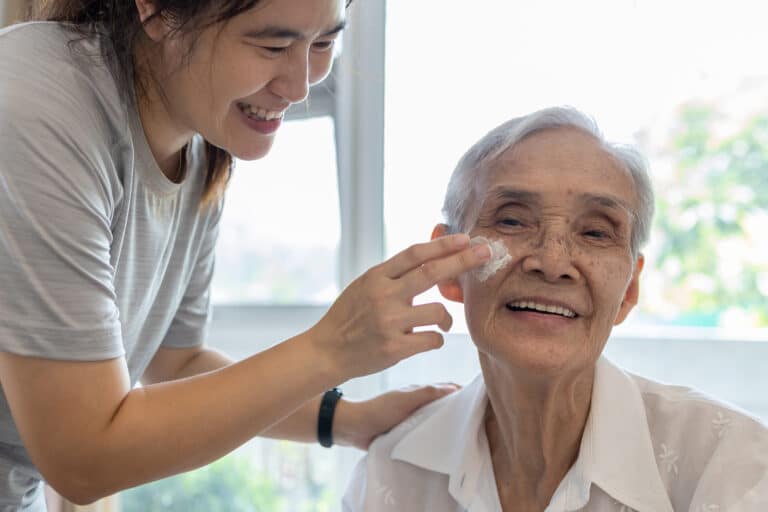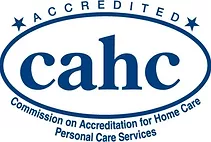As we age, our skin undergoes various changes that can affect its appearance and health, the skin loses collagen and elastin, leading to wrinkles, sagging, and dryness. Additionally, factors such as sun exposure, lifestyle choices, and genetics can accelerate these changes. While aging is a natural process, there are effective ways to care for our skin and help prevent early signs of aging.
Hydration is Key
Aging skin tends to be drier due to decreased oil production. Hydration is crucial for maintaining elasticity and a youthful appearance.
– Drink plenty of water throughout the day.
– Use a thick moisturizer that contains ingredients like hyaluronic acid, glycerin, or ceramides.
– Consider using a humidifier, especially in dry environments.
Gentle Cleansing
Harsh soaps can strip the skin of its natural oils, exacerbating dryness and irritation.
– Opt for a gentle, hydrating cleanser.
– Avoid hot water; use lukewarm water instead.
Sun Protection
Sun exposure is one of the primary contributors to premature aging, leading to age spots, wrinkles, and an increased risk of skin cancer.
– Apply a broad-spectrum sunscreen with SPF 30 or higher daily, even on cloudy days.
– Wear protective clothing and hats when outdoors.
– Seek shade during peak sun hours.
Nutritious Diet
A balanced diet rich in antioxidants and healthy fats can promote skin health from the inside out.
– Incorporate fruits and vegetables high in vitamins C and E, which help fight free radicals.
– Include omega-3 fatty acids found in fish, walnuts, and flaxseeds.
– Stay hydrated with water-rich foods like cucumbers and watermelon.
Regular Exfoliation
Exfoliation helps remove dead skin cells and promotes cell turnover, which can diminish the appearance of fine lines.
– Use gentle exfoliating products with alpha-hydroxy acids (AHAs) or beta-hydroxy acids (BHAs).
– Limit exfoliation to 1-2 times a week to avoid irritation.
Regular Dermatological Check-ups
Routine visits to a dermatologist can help monitor skin health and catch potential issues early.
– Schedule annual skin exams to check for unusual moles or changes.
– Discuss any skin concerns, such as dryness or irritation with a professional.
Understanding paper-thin skin.
Paper-thin skin is common in older adults due to aging, sun damage and reduced collagen production. The skin becomes very fragile and prone to tears, bruising and wounds.
– Avoids products that contain alcohol or exfoliants that can irritate the skin.
– Don’t scratch or rub skin, it can tear and can be hard to heal.
– Shower in lukewarm water, hot water can further dry out skin.
– Loose fitting clothes can help prevent friction and irritation on the skin.
– Treat wounds or cuts promptly to prevent infections.
Caring for our skin requires a combination of hydration, protection from UV rays, and nourishment. By following these tips, caregivers and older adults can work together to maintain healthy skin and prevent early aging signs. A proactive approach not only enhances skin health but also contributes to overall well-being, allowing for a vibrant and confident golden age.
Reference:
https://www.aarp.org/health/conditions-treatments/info-2020/skin-problems-over-70.html
https://www.nia.nih.gov/health/skin-care/skin-care-and-aging
https://www.healthline.com/health/beauty-skin-care/anti-aging-skin-tips#takeaway
If you or a senior loved one needs home care in Elizabeth, NJ or surrounding areas, please call our friendly staff at 908-590-1759.
- Home Care Assistance Can Help Seniors Manage Self-Care Tasks - April 24, 2025
- The Superfood You Shouldn’t Miss - April 9, 2025
- First Home Care Visit? Here’s The Inside Scoop - April 9, 2025


